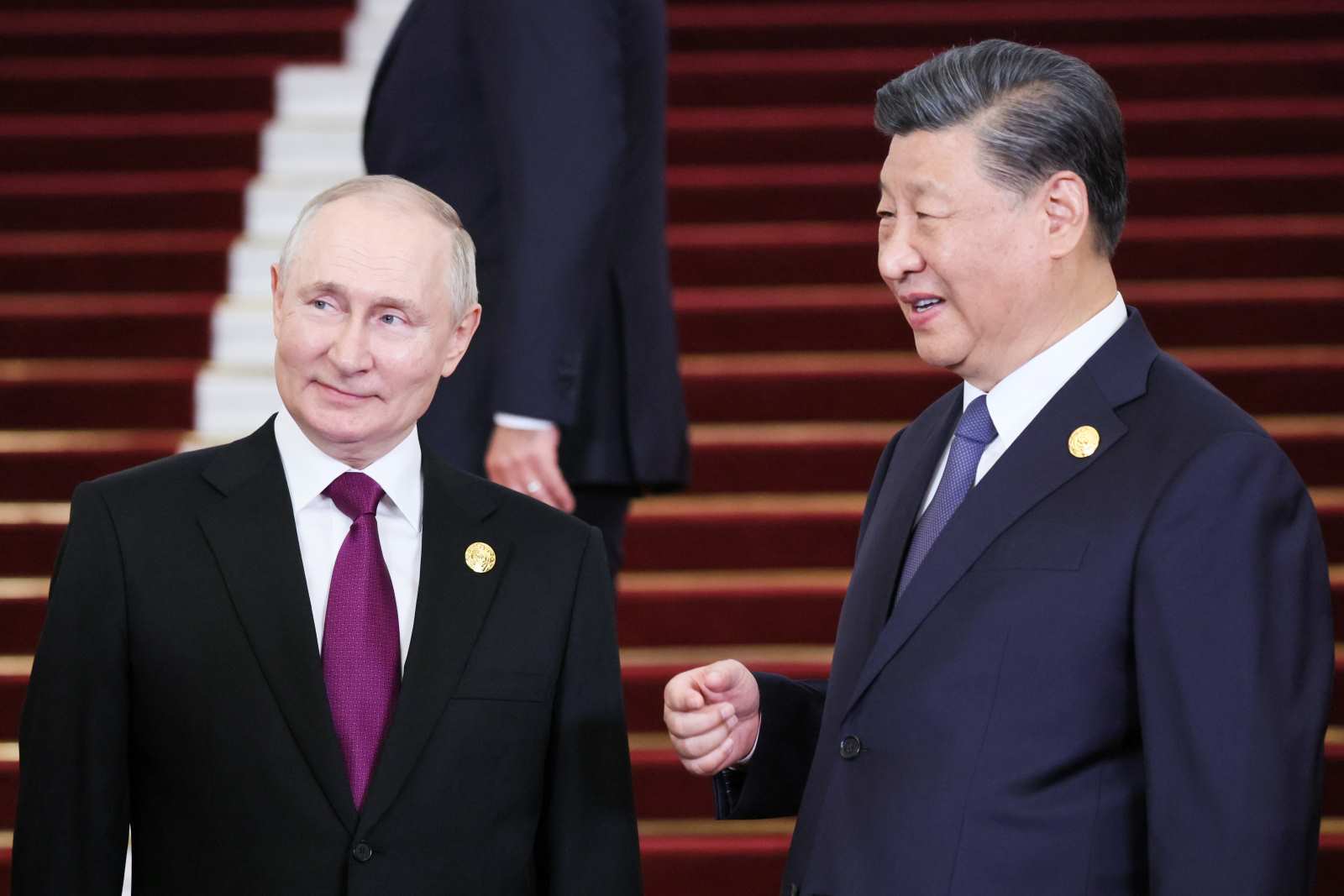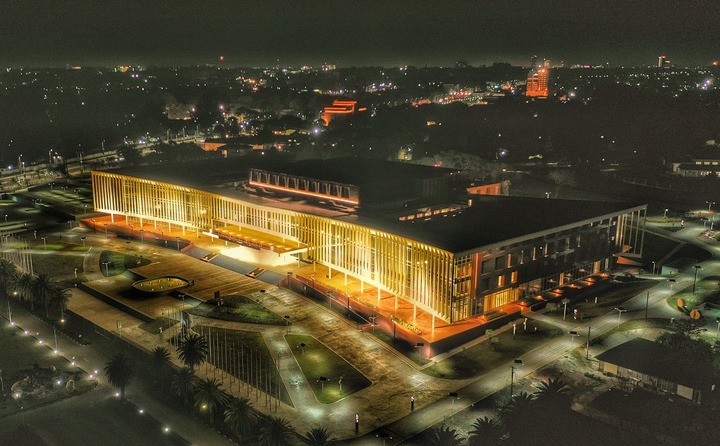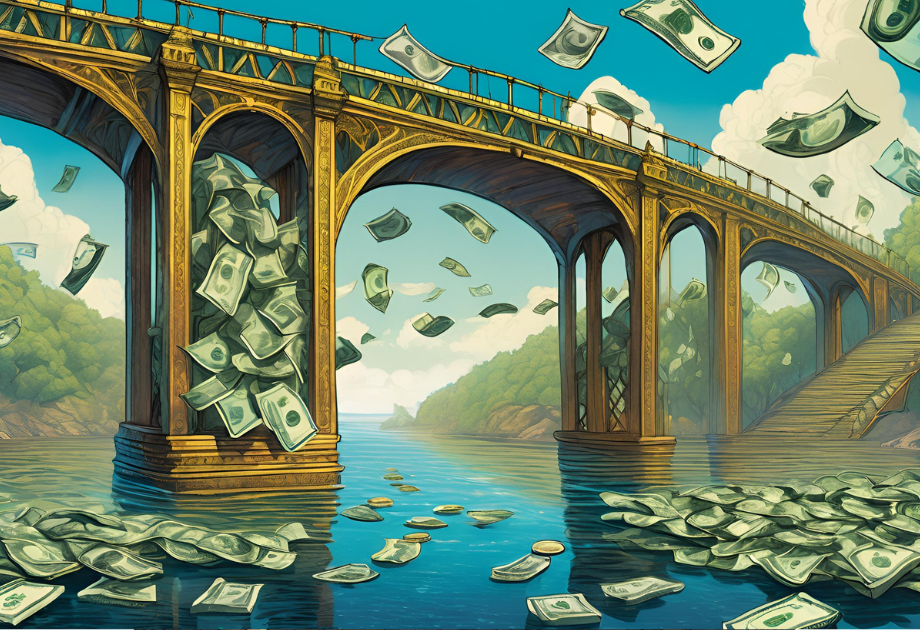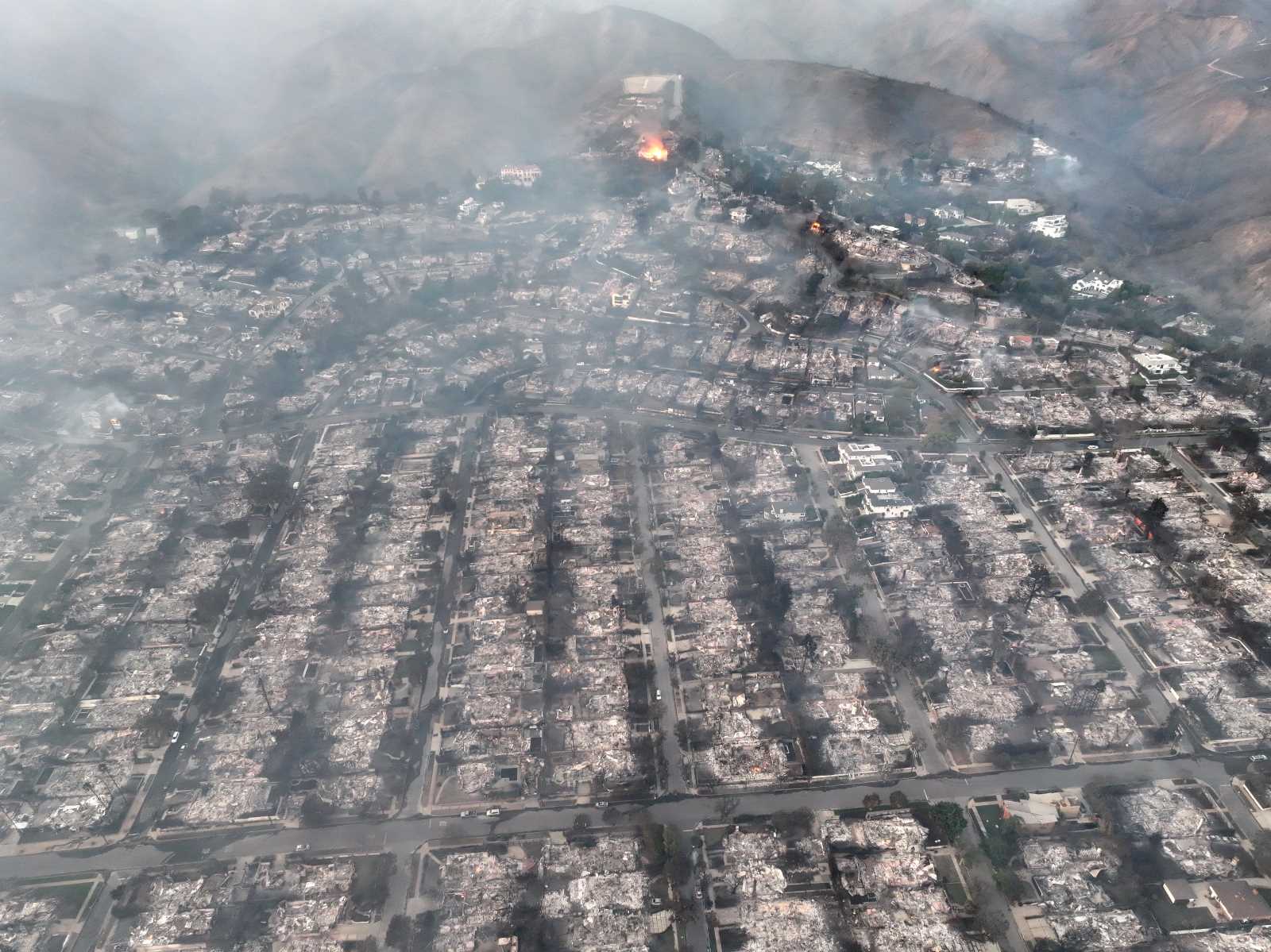Our View
Why the unconvincing BRICS+ alliance looks so formidable
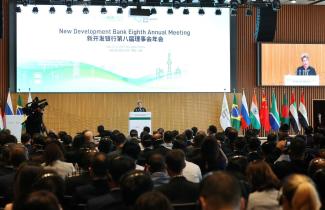
Humankind is racing towards environmental disaster. What we need is sustainable global solutions to pressing global problems like climate change, the loss of biodiversity and chemical pollution. Unfortunately, that is not on offer from the BRICS+.
The informal group originally started as a loose alliance of Brazil, Russia, India, China and South Africa. Four additional members have since joined (the United Arab Emirates, Iran, Egypt and Ethiopia), and Saudi Arabia is expected to do so soon.
The original BRICS awkwardly claimed to be speaking for the entire so-called Global South. None of them belongs to the group of least-developed countries, however, and Russia actually is the Earth’s northern-most country, spanning half the Arctic Circle, with its top leader doing his best to restore the tsarist empire of the 19th century. The admission of additional countries has only added one least-developed country (Ethiopia), but at least two – and in the end probably three – oil exporting ones (Iran, UEA and Saudi Arabia).
The BRICS+ do not have much in common apart from wanting to limit western hegemony. Member governments are trying to maximise their status as great powers. Most of their leaders show little regard for what low-income countries urgently need. It bears repetition that China and India are not allies and that China’s major international development programme, the Belt and Road Initiative, actually bypasses India. Iran and the Gulf monarchies, moreover, have been competing for regional hegemony for a long time. Their proxy war is tearing Yemen apart.
Beyond establishing an international development bank of their own, the five-member BRICS did not achieve much. Based in Shanghai, the New Development Bank remains a minor player. As a group, they did not make substantial contributions to establishing the kind of sustainability-oriented global governance we need.
Their contribution to fighting the Covid-19 pandemic, for example, was less than claimed. Yes, China, India and Russia did export vaccines. China, however, was too secretive about the novel disease when it first emerged in Wuhan, depriving the international community of the chance to prepare better for what was coming and perhaps even prevent its global spread. India only produced vaccines thanks to Oxford University granting it free access to its patents, expecting it to supply other developing countries with the life-saving pharmaceutical.
Exports from India stopped, however, once the pandemic raged fiercely at home. Russian generosity, moreover, was probably linked to the fact that many Russians refused to get their shots.
Despite this unimpressive track record, the BRICS+ look like a major challenge to the G7 group of high-income nations. The problem is that the G7 and its allies failed to make their ideas of global governance work for all countries after the collapse of the Berlin Wall. In the meantime, governments of – and many people in – developing countries have lost faith in them.
To reverse the trend, G7 members should do much more to safeguard global public goods. That includes making their own economies sustainable and promoting SDG achievement internationally. If they aspire to lead, they must set the right examples. Otherwise, the BRICS+ challenge will look increasingly formidable in spite of the group’s obvious weaknesses.
Hans Dembowski is the editor-in-chief of D+C/E+Z.
euz.editor@dandc.eu

